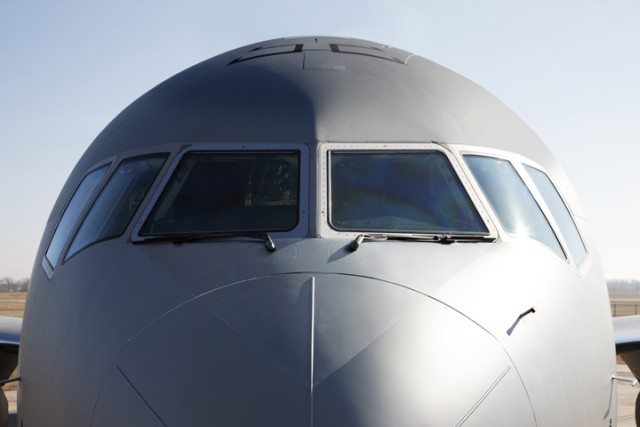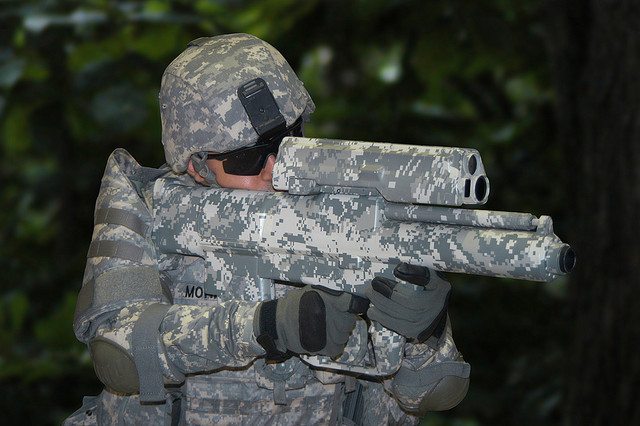Boeing’s triumph over European rival EADS for a major US Air Force tanker contract poses risks amid defense spending cutbacks and multiple delays to its commercial projects.
The Defense Department declared Thursday Boeing the “clear winner” of a $30-plus billion contract to supply up to 179 refueling tankers to the Air Force.
It is undoubtedly a major prize for the firm, but industry analysts highlighted the challenges that come with submitting what the Chicago-based firm itself called an “aggressive” bid.
“Since the KC-46A is a very competitively bid fixed-price contract for both development and production phases, it carries some execution risks for Boeing,” Standard & Poor’s analysts said in a client note.
Particularly, they said, “given the company’s substantial cost overruns on some of its commercial and military programs in recent years.”
Moody’s Investors Service said that the difficulties could start early for Boeing, in the initial development phase.
“The development could distract engineering resources from other key programs including the near-term ramp-up of the B787 Dreamliner,” said Robert Jankowitz, senior vice president at Moody’s.
The tanker contract comes as Boeing is under pressure from its new 787 Dreamliner program that is now running three years behind the original schedule.
“Given Boeing’s headaches getting its new passenger planes out the door, there should be concern about the company’s ability to deliver the new tanker on time and on budget,” said Paul Ausick of 24/7WallSt.com.
And budget will be at the forefront of policymakers’ minds, as the Pentagon, like other US government bodies, struggles to cut the country’s massive budget deficit.
“If Boeing misses deadlines and busts budgets, it’s reasonable to expect that the Congress and the Pentagon will be reluctant to go ahead with the full complement of tankers,” he said.
But there are definite rewards for the company, despite the risks.
Jefferies analysts said the contract spells benefits of “a few pennies per share” in the short term, and in the long-term a healthier business.
“Tomorrow’s benefit is that the award adds balance to Boeing’s business base, and continues a successful product line into the foreseeable future,” they said, referring to the 767 commercial aircraft that will serve as the basis for the KC-46A tanker.
The 767 production line “would have closed within five years without this win,” according to Richard Aboulafia, an analyst at aerospace consultancy Teal Group.
Orders for the long-haul, wide-body plane, which entered service in 1982, have dwindled in recent years. Only three 767s were manufactured last year.
But whatever the drawbacks and advantages, the contract may not yet be in the bag.
Thursday was the second time Boeing bested Airbus parent EADS for the contract in the world’s largest defense market.
The contract was awarded in 2008 to EADS and US partner Northrop Grumman but the deal was canceled after the government upheld Boeing protests of a flawed process.
EADS has 10 days after the award to protest the Pentagon decision.
“The battle could go into overtime if EADS decides to appeal, and it’s not out of the question given the outlook for defense spending in the years ahead,” said Ausick of 24/7WallSt.com.
“Given the budget environment and increasingly high fuel costs, the (EADS) KC-30 was at a disadvantage. But there are a few Southern Republican politicians who may decide to hold up funding,” Aboulafia told AFP.











